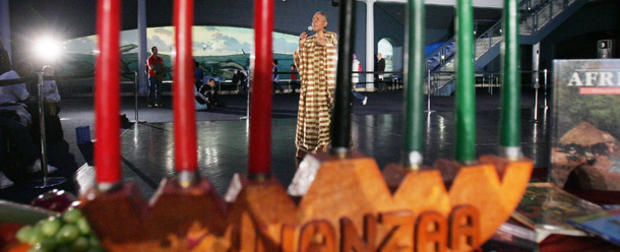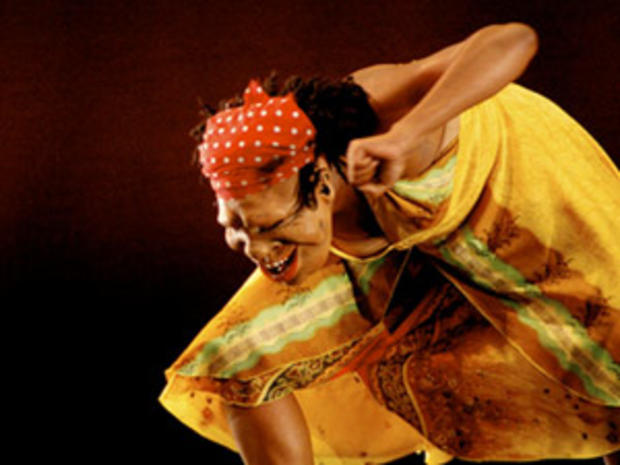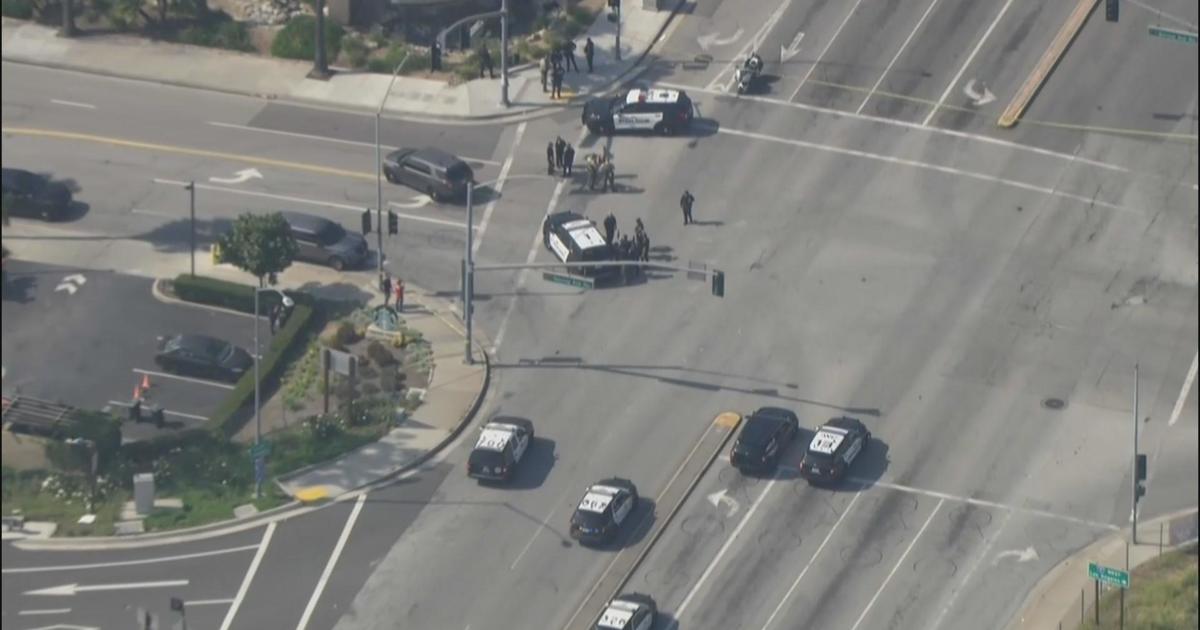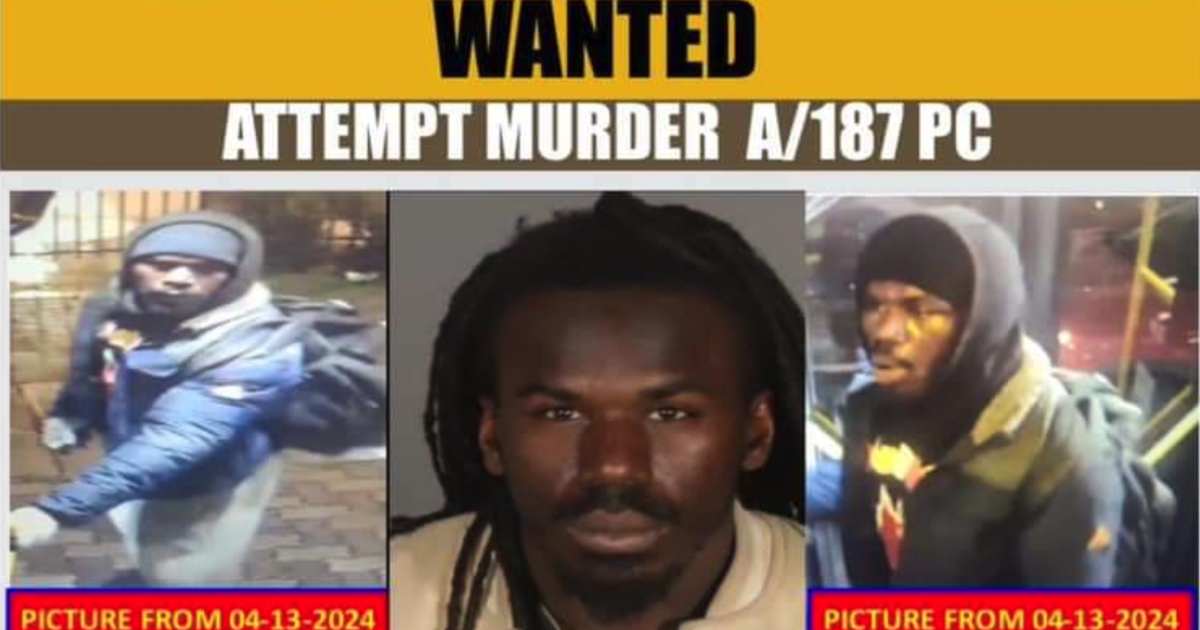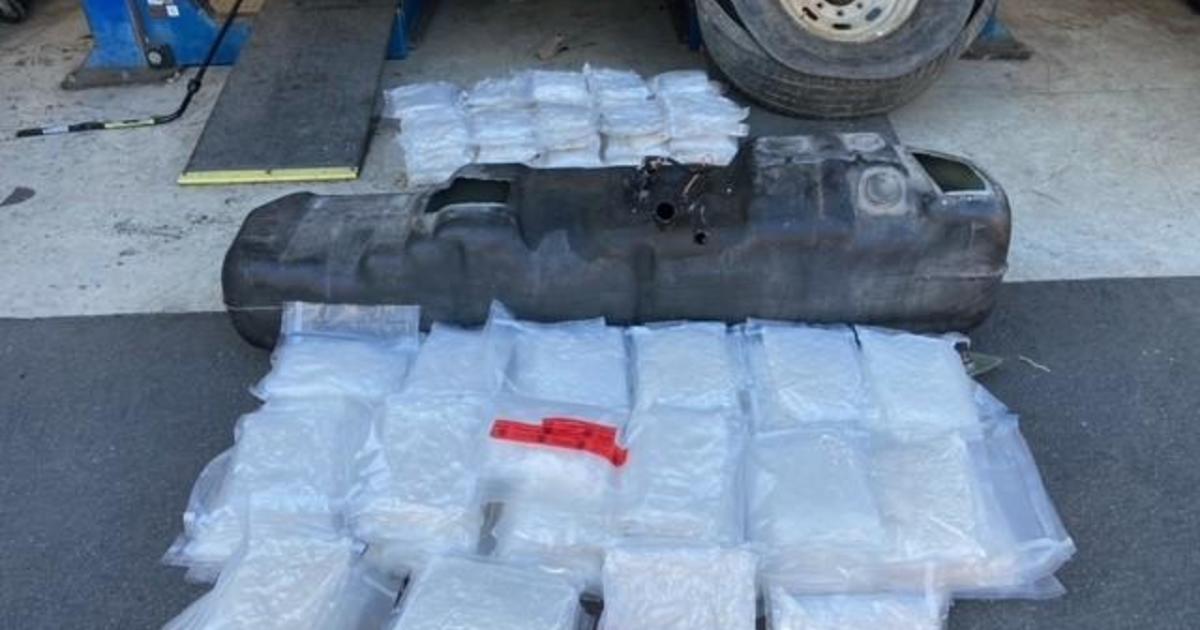How To Start a Neighborhood Watch
A Neighborhood Watch program is an excellent way to get to know your neighbors and open up communication about crime, safety and neighborhood issues. Having a neighborhood prepared for a disaster, when help isn't coming soon, is priceless.
Neighborhood Watch is a program that was started by the National Sheriff's Association 40 years ago as a response to the increase in crime during the late 1960's. Today there are over 22,000 neighborhood watch groups nationwide. The process of starting a neighborhood watch is very simple.
USA On Watch
- Contact your local police department to inquire as to whether there is a Community Affairs contact within the department. That officer should be able to assist you in setting up your watch. If there isn't a contact with the police, inquire about having an officer come to your meeting.
- Canvass your neighbors to let them know you are starting a watch and to pass out fliers informing everyone about the meeting. This is a good way to catch neighbors who are interested but unable to attend. Include your name and contact info on the flier.
- Place a sign in a prominent location in your neighborhood the morning of the meeting to help remind everyone.
- If weather allows, consider having your meeting in the front yard of someone's home. Ask people to bring extra chairs. This allows passersby to jump in and provides easy access.
- Be sure to pass around a sign-in list to gather names, addresses, phone numbers and e-mail addresses.
- Ask the police officers speaking to address issues specific to your neighborhood. Neighbors should be able to ask questions and raise concerns.
- Arrange for a captain and co-captain to lead the watch program in your neighborhood. The captain should maintain the e-mail list and send updates to the neighbors.
- Visit websites such as The National Crime Prevention Council and The National Neighborhood Watch Institute to get more resources and signage for your street.
- Find out if your municipality has a Community Emergency Response Team (CERT) made up of volunteers who will assist first responders in an emergency. Have CERT members come to a neighborhood meeting to guide you and your neighbors in developing a plan of mutual assistance in the case of an emergency or disaster.
- Keep your watch going by having meetings at least twice a year and by sending e-mail updates to the neighbors. Having an annual block party is a great way to keep the community in touch with each other. If you know your neighbor and your neighbor knows you, it builds a team spirit to reach your goals. National Night Out, held in early August each year, is a great day to have your block party.
Elizabeth Peterson has participated in starting two neighborhood watch programs and takes the phrase "You are your own first responder" very seriously. You can find her taking a bite out of crime on her blog TradedMyBMWforaMinivan.com and on Facebook.com/ElizabethTraded.
